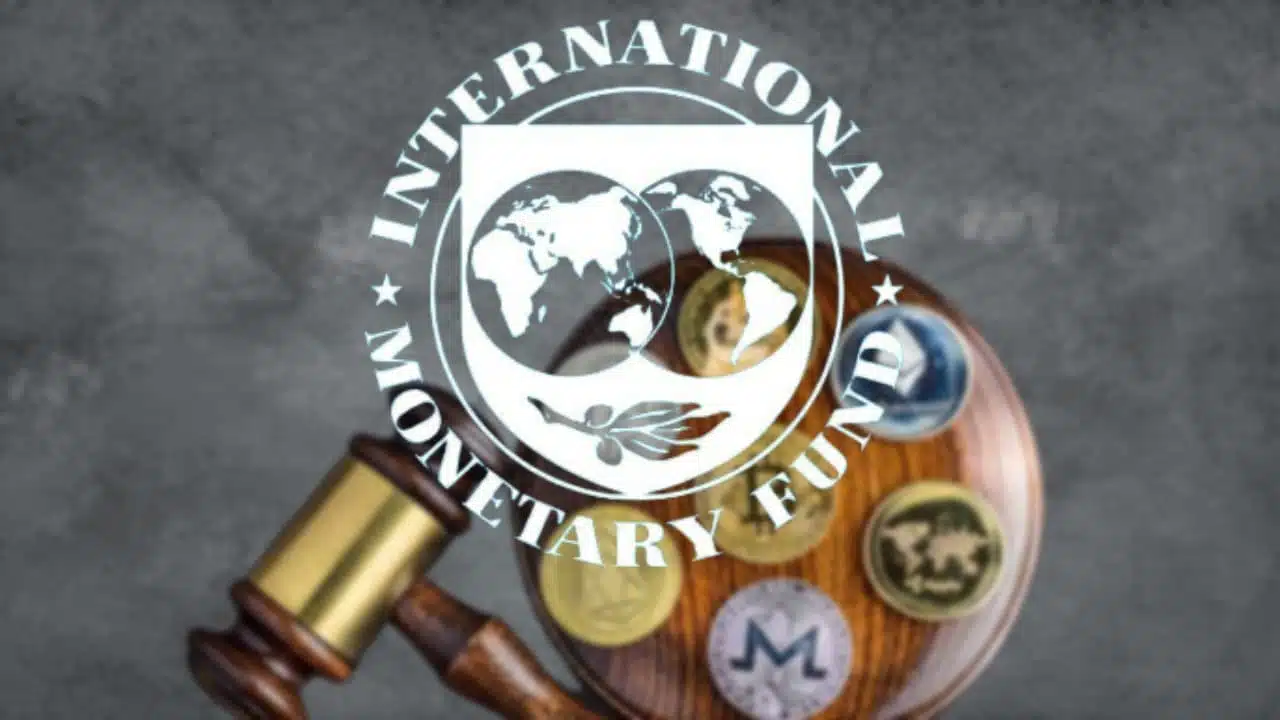The International Monetary Fund (IMF) is taking a more controlled approach to cryptocurrencies as the market for digital assets changes.
How Sensible Is It to Ban Cryptocurrency?
In a recent report published June 22, the International Monetary Fund pondered whether it made sense to ban digital assets and instead called for a more flexible way to regulate them.
In Latin America and the Caribbean (LAC), the bank focused on how countries like the Bahamas, Brazil, and Jamaica have made progress. These countries were among the first to use cryptocurrency. Many of them have introduced central bank digital currencies (CBDC) to improve financial access, strengthen payment systems and reduce the cost of sending money across borders.
According to the lender’s research, the possible benefits of crypto-assets have led to increased demand. This is because crypto assets can protect against economic instability and make it easier to get money.
Although crypto-assets have grown tremendously, it is essential to be aware of the problems and risks that come with them. The lender warns that countries with a history of instability, lack of trust in institutions, corruption, and large uncontrolled territories are especially vulnerable to these risks.
The blog talks about the possible risks of using crypto-assets, such as bitcoin, even if the government supports them, as they may not be widely accepted as a way to make transactions.
The Importance of Effective Risk Management
According to the IMF, El Salvador’s bitcoin experiment shows how dangerous it can be to use unsecured crypto assets, whose value depends on market forces and is subject to significant price changes, even if the government explicitly supports them.
Even with the risks listed, ISP is aware of the potential benefits of cryptocurrencies and emphasizes the need for a customized legal and policy framework to manage the risks effectively.
Although some countries have decided to ban digital assets because of their associated risks, this may only work in the short run. The region should prioritize addressing the issues that drive people to buy cryptocurrencies, such as unmet needs for digital payments. It should also make crypto-asset transactions more transparent by posting them in its public data.
The IMF’s latest blog post is based on research it has already conducted on managing crypto-assets effectively. In its February methodology report, the financial institution pointed out to member countries the importance of a proper policy response to crypto-assets.
It noted that there are better ideas than leaving things as they are because crypto-assets can continue to change, even though the industry has recently faced problems.
The IMF has changed its mind about crypto-assets after worrying about them in the past, especially after El Salvador made Bitcoin a legal currency. This shows that the IMF understands how important it is for businesses to have rules and regulations. This change is a good sign for the entire cryptocurrency community.


